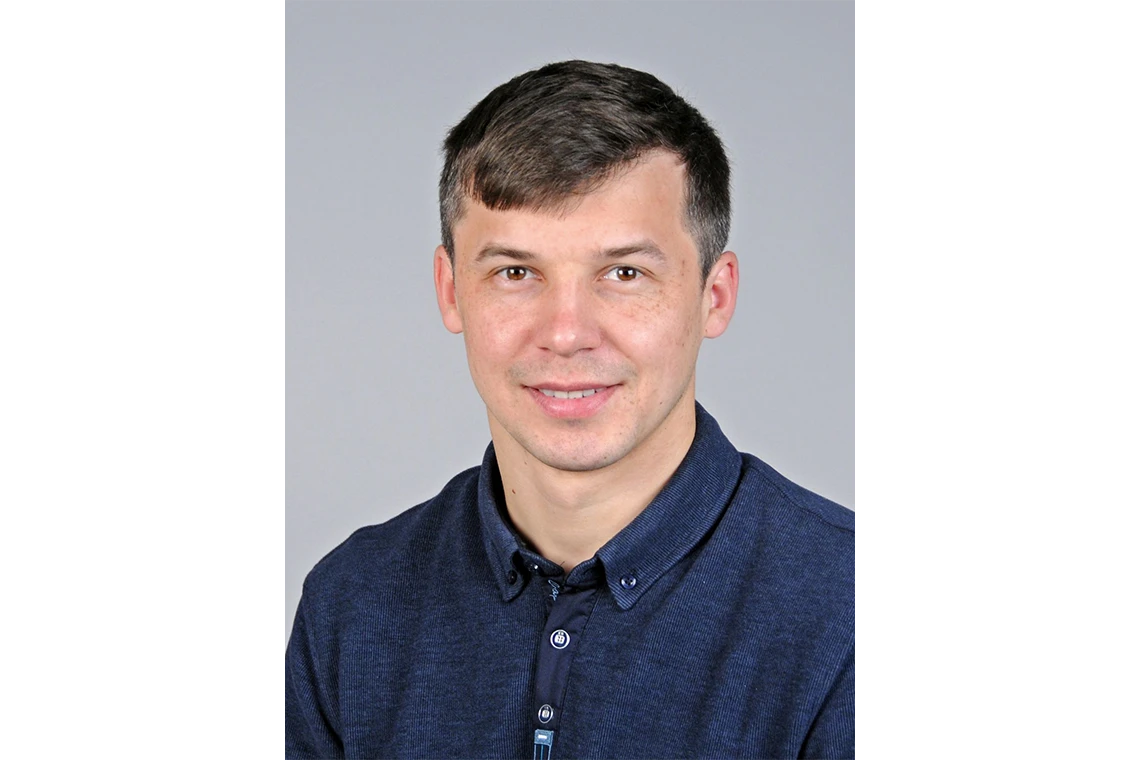A Comprehensive Thermodynamic Database for Thermal Energy Storage Materials: Dreams and Reality
Dr. Dmitry Sergeev, Forschungszentrum Jülich GmbH
Thermal energy storage materials become more and more important nowadays. These materials should cover a large temperature range, e.g. for home heating (0 - 100 °C) or industrial processes as well as for solar power plants (100 - 1000 °C), and should meet the main requirements such as high energy density, thermal conductivity, thermal stability, low corrosion and low price. A comprehensive and consistent thermodynamic database could be very helpful for selection of suitable materials and can accelerate the prediction of suitable multicomponent mixtures to avoid a routine experimental work. This “dream” can be realized by combining of precise thermal analysis techniques with the Calphad modelling. However, there are still many data gaps and technical problems, which need to be overcome in the near future.

Dmitry Sergeev studied Chemical Engineering at the Ivanovo State University of Chemistry and Technology and has a PhD in Physical Chemistry. In 2013 he got Alexander von Humboldt fellowship for PostDoc’s and joint Thermochemistry group at the Forschungszentrum Jülich. Since this time, he works with the topic of thermal energy storage materials. Currently he leads several projects related to the thermodynamic description of salts, oxides and metallic systems, which are relevant for the energy sector. At the same time, he has a lecture course “Thermophysics of Advanced Materials” at the Karlsruhe Institute of Technology. Dmitry combining experimental methods with theoretical calculations for prediction and searching of new materials.